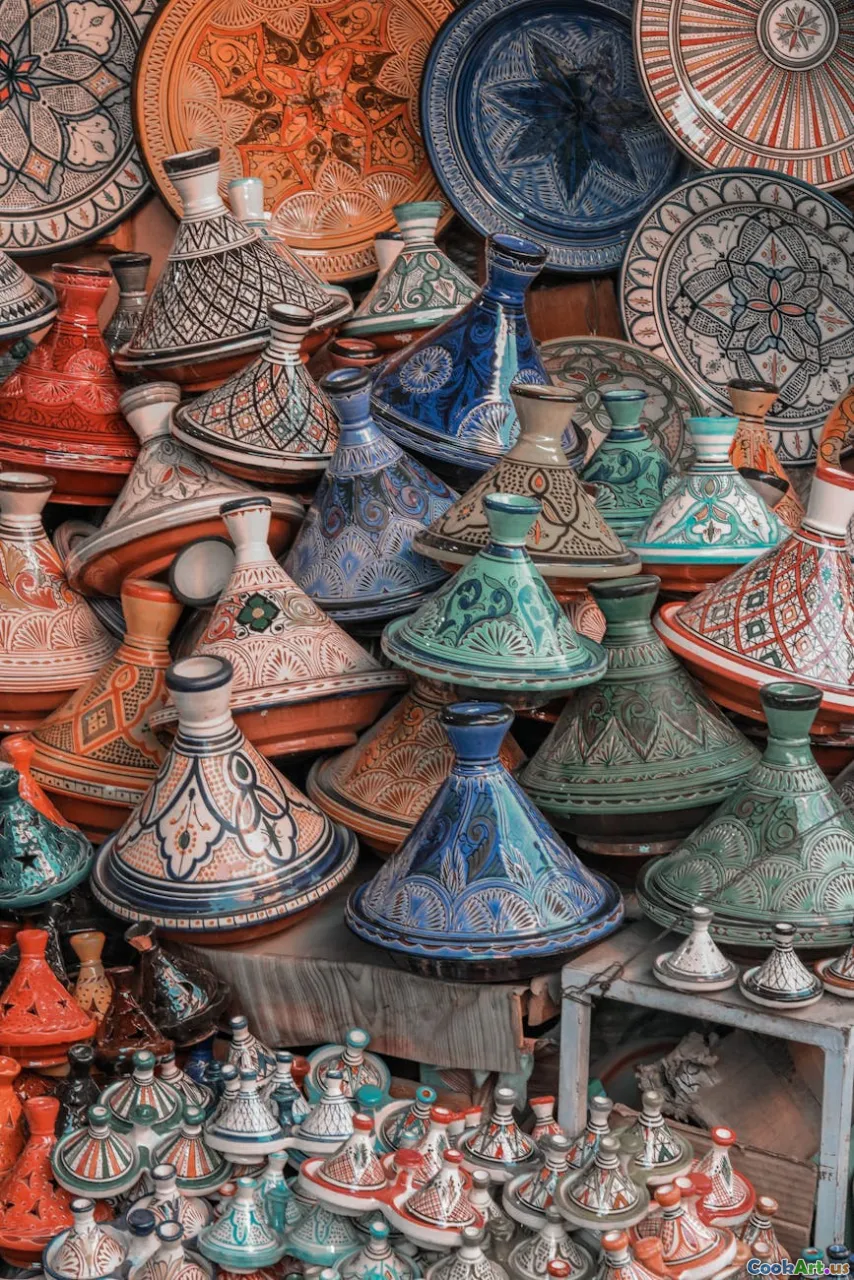Challenges of Preserving Kosovar Food Heritage
8 min read Exploring the hurdles in safeguarding Kosovo's rich culinary traditions amidst modern influences and globalization. April 24, 2025 07:00
Challenges of Preserving Kosovar Food Heritage
Imagine walking through the rugged terrains of Kosovo, where the scent of freshly baked flijamingles with the earthy aroma ofqebapa grilling over open flames. These traditional dishes are not just food; they are living testimonies of a centuries-old culture, woven into the very fabric of Kosovar identity. Yet, beneath this flavorful tapestry lies a complex web of challenges threatening to unravel this rich culinary legacy.
In this article, we delve into the multifaceted obstacles that Kosovars face in preserving their food heritage, exploring from historical roots to modern-day pressures, and reflecting on what it truly means to keep a culture alive through its cuisine.
The Cultural Significance of Kosovar Cuisine
Kosovar cuisine is a vibrant mosaic of Balkan influences, Ottoman legacies, and indigenous traditions. It is a reflection of the land’s history, geography, and social fabric. Dishes like pasulj(bean stew),tavë(baked meat and vegetable casserole), andbyrek (savory pastry) are more than sustenance—they are communal rituals, stories passed down through generations.
Food in Kosovo is an expression of identity, resilience, and hospitality. Sharing a meal is a sacred act that binds families and communities, especially in rural areas where tradition remains strong. The sensory experience—rich, hearty flavors, fragrant herbs, and textures ranging from crispy to tender—evokes memories and reinforces cultural bonds.
Historical Roots and Their Impact on Preservation
The history of Kosovo is tumultuous—marked by invasions, empire rule, conflict, and migration. Each historical epoch has left an imprint on its culinary practices. Ottoman influence introduced dishes like baklavaanddolma, while Balkan interactions added unique twists to local recipes.
However, these historical layers also pose challenges. As populations migrated and borders shifted, culinary knowledge was scattered or lost. Oral traditions, which are the primary means of passing down recipes, have weakened over time, especially as younger generations become more disconnected from rural life.
Modern Challenges to Food Heritage Preservation
1. Globalization and Western Influence
The rapid spread of Western fast-food chains and global culinary trends threaten traditional Kosovar dishes. Young people increasingly favor convenience foods over time-consuming traditional recipes. This shift not only impacts dietary habits but also diminishes the cultural significance attached to home-cooked meals.
2. Urbanization and Lifestyle Changes
As Kosovo’s cities expand, rural communities—the custodians of many traditional recipes—face depopulation. Urban living often means limited space, time, and resources for preparing traditional meals. The fast-paced lifestyle leaves little room for the slow, communal cooking that preserves culinary heritage.
3. Loss of Indigenous Ingredients
Many traditional ingredients, such as wild herbs, heirloom grains, and locally sourced meats, are becoming scarce due to environmental changes, agricultural modernization, and economic pressures. Without these critical ingredients, authentic flavors and recipes risk fading into memory.
4. Economic Factors and Market Dynamics
Small-scale farmers and local producers struggle to compete with large agribusinesses. As a result, traditional products like artisanal cheeses, cured meats, or organic vegetables become less available, compromising the authenticity of traditional dishes.
5. Lack of Formal Documentation and Education
Much of Kosovo's culinary knowledge remains oral, vulnerable to loss as elders pass away without passing on recipes and techniques. The absence of comprehensive culinary archives or educational programs hampers efforts to systematize and teach traditional cuisine.
Personal Stories and Community Efforts
In some villages, passionate cooks and cultural activists are working tirelessly to preserve this heritage. For example, in the village of Gjakova, local women organize annual food festivals showcasing traditional dishes like tavëandbovë (meat stew), emphasizing the importance of oral storytelling alongside cooking.
Personal anecdotes often highlight the emotional weight of food preservation. A grandmother in Prizren recalls the meticulous process of making borek from scratch, a ritual passed from her mother, which she now teaches to her grandchildren as a way to keep their roots alive.
The Role of Technology and Cultural Institutions
Digital platforms and social media are emerging as powerful tools for cultural preservation. Documenting recipes through videos, blogs, or virtual archives helps reach a global audience, fostering appreciation and interest.
Cultural centers and local NGOs are also establishing culinary heritage programs, offering workshops and certification courses to train new generations in traditional cooking techniques.
A Reflection on the Future
Preserving Kosovar food heritage is not merely about maintaining recipes; it is about safeguarding a collective memory and identity amid a rapidly changing world. It requires a conscious effort from individuals, communities, and policymakers alike.
While challenges persist—ranging from environmental issues to cultural shifts—there is hope in the resilience of Kosovar people and their deep-rooted love for their cuisine. By celebrating and actively promoting traditional dishes, supporting local farmers, and embracing technological innovation, the vibrant flavors of Kosovo can continue to tell their story for generations to come.
Concluding Thoughts
Food is an anchor to history, culture, and emotion. In Kosovo, each dish is a testament to centuries of perseverance and cultural richness. The journey to preserve this culinary heritage is ongoing, demanding passion, awareness, and collective effort. As we savor the flavors of Kosovo’s traditional fare, let us also commit to safeguarding its stories, techniques, and ingredients—ensuring that future generations can taste the legacy of their ancestors.
In the end, preserving Kosovar food heritage is about more than just food; it’s about honoring a resilient identity, celebrating community, and passing on a rich tapestry of flavors that continue to define a nation.









